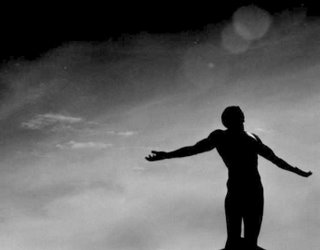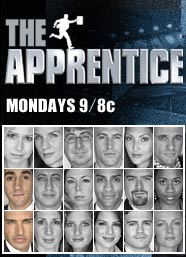
OK, fine, so I am three days late. Ten days late for my Israeli readers. I do apologize.
The mishna berura cites that one can be maavir sedra until Tuesday, so i can officially sneak this in. The message is so important, that I had to blog it.
There are so many messages to be learned out from Parshas Naso, including one really deep one about being in the wrong place at the wrong time, and more. I want to focus on what I think is the main lesson of the shabbos (I may get into the others another time).
Every parsha has it's haftorah, and there is always a connection between the parsha and the haftorah. Sometimes it's more obvious, sometimes less so. Sometimes both.
The obvious connection this past week is that Shimshon was a nazir and the parsha teaches us the halachos of nazir. connection. simple.
I'd like to bring attention to a different connection with a strong message in both the parsha and the haftorah which is why I referred to it as the message of the shabbos not just the parsha.
We are taught that the Torah doesn't waste an extra letter. Yet, the Torah spends 72 precious pesukim (anyone who wants to count the letters, be my guest) describing the korbanos of the nesi'im that were all identical. The Torah felt it important to teach the lesson of how the nesi'im behaved, each one following the other's lead, not trying to outdo his fellow nasi (although I'm sure it was tempting) and setting an example for their individual shevatim and for all of klal yisrael.
Let's look at the haftorah, where the message is even stronger and clearer. The malach comes to Manoach's wife, Tzlelponis, and tell her that Shimshon will be a nazir. He proceeds to teach her all of the halachos of a nazir, no wine or grapes, no haircuts, no tumah, etc. She then tells over the story to her husband, Manoach, whose response is perplexing. He prays to Hashem, "please send us back the malach to tell us what we should do "lanaar" - to/for the boy. What's the question? The malach already explained everything to Tzlelponis. If he had a question about the halachos of nazir, what did he need the malach for? He could have just asked the gadol hador.
What makes it even more perplexing is that the navi tells us, that Hashem listened to Manoach's prayers and sent the malach.
To make matters worse, what does the malach tell Manoach? He says, do exactly as I described to your wife. Manoach is satisfied with this answer. ??? what's going on???
So I heard a beautiful answer. Manoach heard and understood what the malach told his wife the first time (btw, for all of you feminists out there, isn't it amazing that the malach appeared both times to Tzlelponis and not to Manoach?). His question wasn't what is a nazir. His question was, "how am I supposed to raise a nazir?" I am supposed to tell him, "oh, Shimshon, it's ok for me to cut my hair and eat grapes, but it's not ok for you"? How can I possibly raise my son that way? That was Manoach's question of the malach. What does the malach respond? "kol asher tzivisiha TIshmor" YOU, yes, you Manoach, you must do everything that I told her. Lead by example.
That appears to be the lesson of both the parsha and the haftorah. It's something that we hear all the time, but it's an important one and one that it can't hurt to hear again and again until we internalize it. We can't tell our children one thing and we ourselves do another. There's so much more on this, but this post is long enough as it is.
On a side note, 99% of the time, parshas naso comes out the shabbos after shavuous. there are numerous connections between the two.
For twenty five bonus points, what's the connection between this haftorah and megillas rus.










